April 27, 2022
Codelocks facilitates future of flexible working
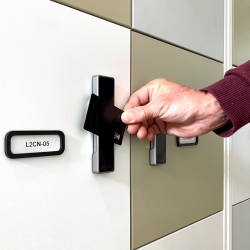 With organisations adopting a hybrid working model and moving towards flexible working also comes a need for flexible office solutions. International office and workplace solutions provider Kinnarps, approached Codelocks as it was looking to furnish a UK county council with an access control solution suitable for its hybrid working needs. Codelocks designs and distributes a wide portfolio of innovative, standalone keyless door locks and access products for a range of growing markets.
With organisations adopting a hybrid working model and moving towards flexible working also comes a need for flexible office solutions. International office and workplace solutions provider Kinnarps, approached Codelocks as it was looking to furnish a UK county council with an access control solution suitable for its hybrid working needs. Codelocks designs and distributes a wide portfolio of innovative, standalone keyless door locks and access products for a range of growing markets.
The UK county council has adopted a hybrid working model to best suit the needs and lifestyles of its employees. The council has multiple working hubs across the country, allowing its teams to choose the office space that is convenient and accessible to them on their chosen office days. However, despite not being tied to a specific location, the need for employees to store possessions in the workplace remains.
The council sought a storage solution that:
- can be used on temporary basis
- is easy to manage
- is within its constrained budget
- accessed by different people on different days, for varying time periods
Perfect partnership
Due to its longstanding relationship with Codelocks, Kinnarps is familiar with the wide range of KitLocks by Codelocks cabinet and locker locks.
Steve Newman, KitLock Sales Manager at Codelocks explains, “We understood the council wanted to avoid the need to cut keys or have lockers allocated to specific employees. And with the ongoing concern of Covid-19 and the transfer of germs, it was also important to give easy access to personal belongings whilst minimising touch. The KL1100 RFID offers the flexibility the council needs.”
The KL1100 RFID is a smart card operated lock designed for both public and private lockers. It is perfect for building and facilities managers that oversee large quantities of lockers, as they can benefit from managing cards remotely.
Kinnarps found a locker company that the KL1100 RFID could be installed on and combined the two products to create ‘hot lockers’, similar to hot desks for all of the county council offices. County council employees simply collect a card from the reception at the start of their day, use a dedicated locker to store their personal belongings, and then return the card so it can be used by someone else the next day.
Simon Cotter, Account Manager at Kinnarps said, “We needed to provide over 1000 lockers for the council, so we sought a supplier that had an innovative and stylish lock solution with enough available stock. Due to the volume of lockers we needed to provide, we were glad that the KL1100 RFID was straightforward to install.”
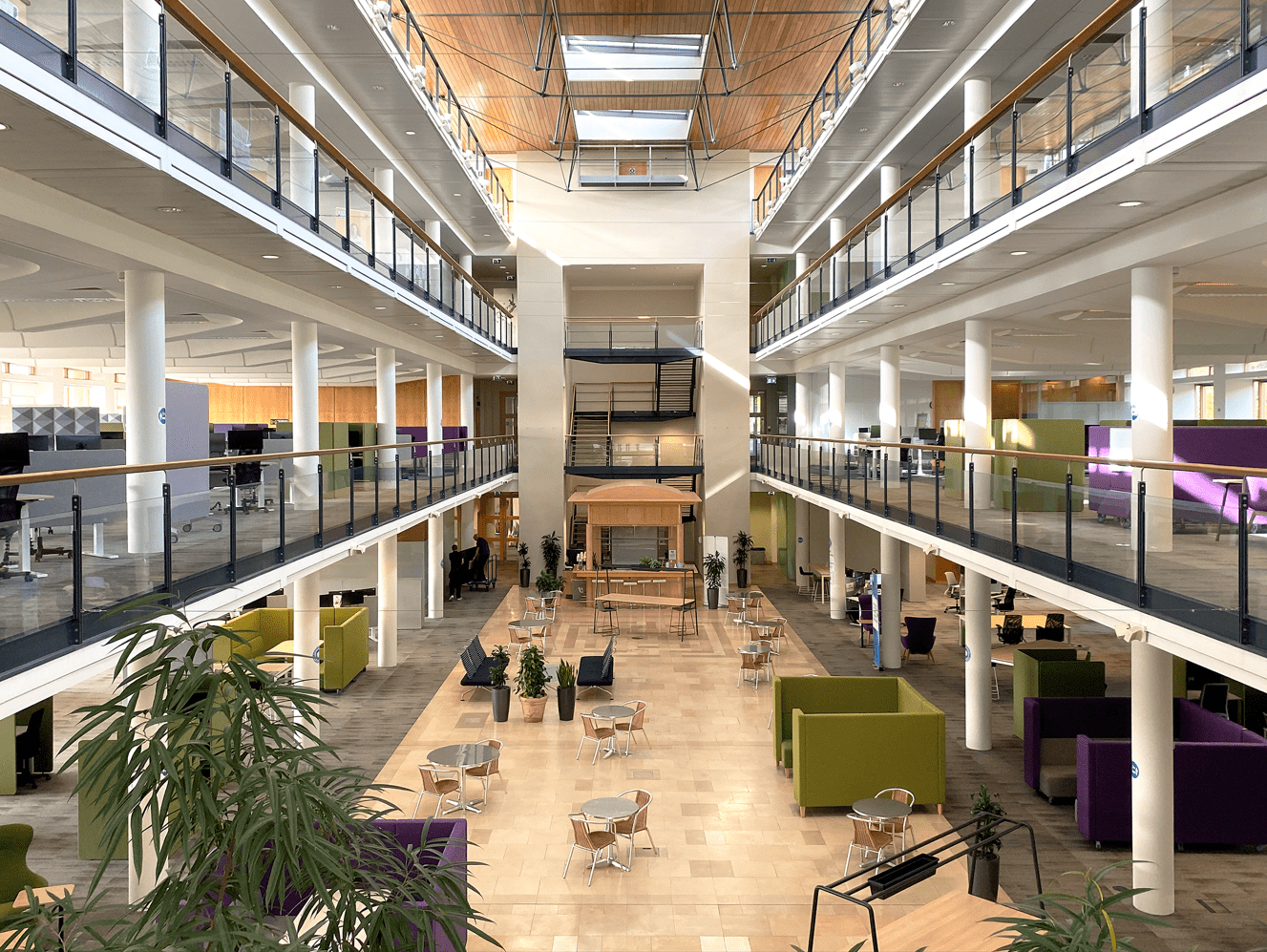
Convenient Contactless Access
The KL100 RFID is perfect for the council’s hybrid-working approach. “The council office manager has expressed the importance of being able to manage card access remotely, as their employees are all working on different days and at different times. It also removes the cost and hassle of having to cut and hand out keys.” explains Simon. “Council employees have found the lockers easy to operate and appreciate the fact the council has put a storage solution in place that is secure and requires minimal contact.”
Council employees can now be sure that whichever office they choose to work from, they have convenient access to lockers to store their belongings.
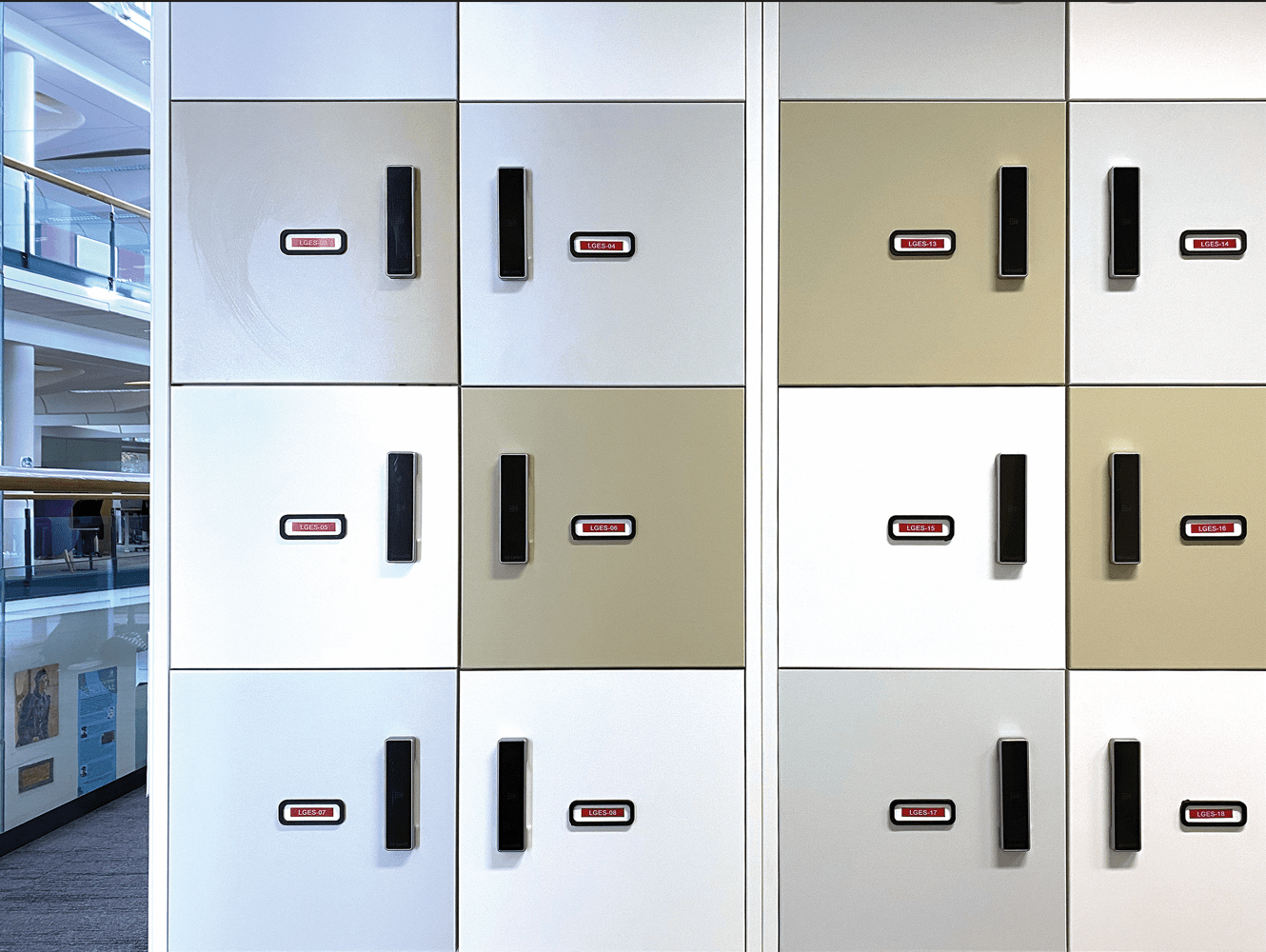







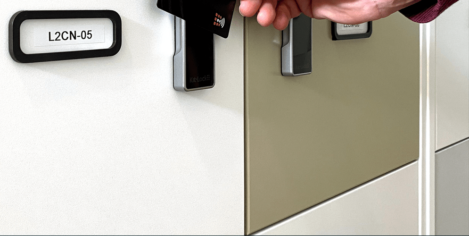
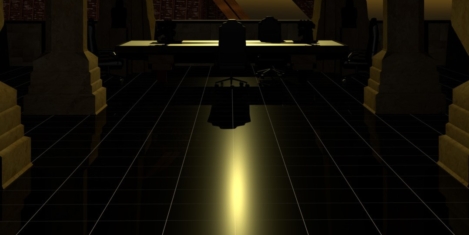



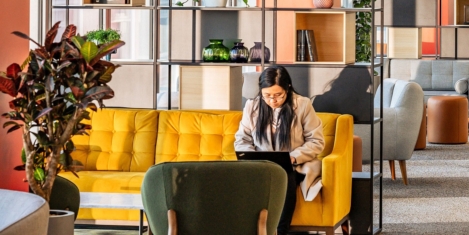
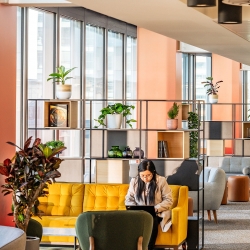 Uncertain times call for different measures and approaches, the old rules and playbooks are no longer applicable – so what are you going to do? Sit around, stagnate, hanker after old solutions trying to manipulate and squeeze them into new, unknowable, untried paradigms? No! One thing human beings are fairly good at is evolving and adapting to new and unknown situations and as we all know, being flexible and accepting change creates resilience and ensures survival.
Uncertain times call for different measures and approaches, the old rules and playbooks are no longer applicable – so what are you going to do? Sit around, stagnate, hanker after old solutions trying to manipulate and squeeze them into new, unknowable, untried paradigms? No! One thing human beings are fairly good at is evolving and adapting to new and unknown situations and as we all know, being flexible and accepting change creates resilience and ensures survival. 



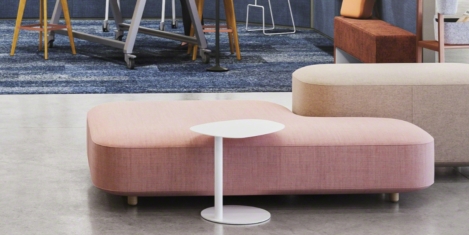
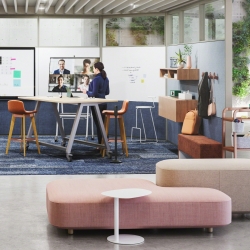
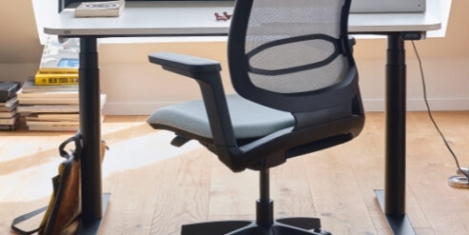
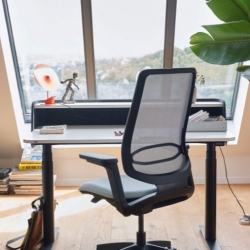
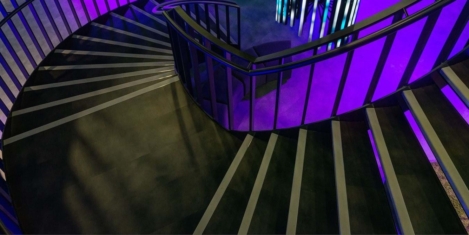
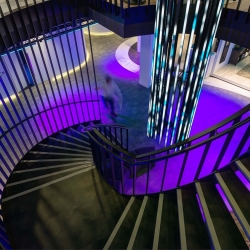 Even as we begin to glimpse the light at the end of the tunnel of the pandemic, evidence suggests that many workers want to carry over the working flexibility that the pandemic afforded into the post-pandemic world and a new future of work. Namely, employees are wanting to adopt a ‘mixed’ working style – spending time both working in the workplace,
Even as we begin to glimpse the light at the end of the tunnel of the pandemic, evidence suggests that many workers want to carry over the working flexibility that the pandemic afforded into the post-pandemic world and a new future of work. Namely, employees are wanting to adopt a ‘mixed’ working style – spending time both working in the workplace, 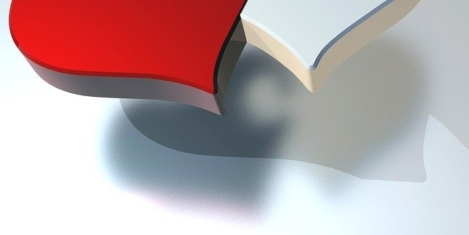












April 25, 2022
The studied carelessness of agile workplaces
by Mark Eltringham • Comment, Workplace design